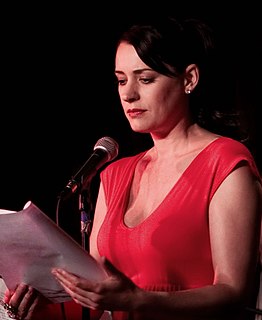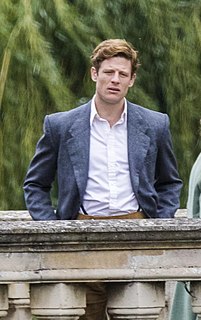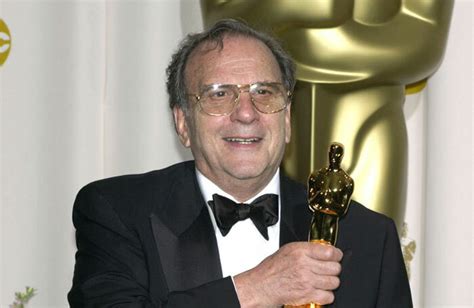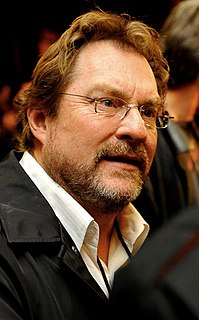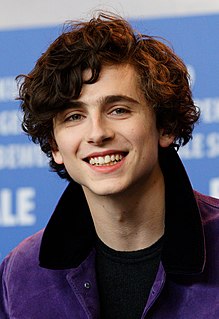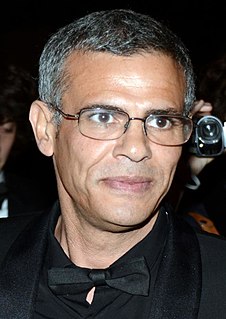A Quote by Paget Brewster
When you're on an ensemble show and you're messing around with everybody every day and you're not in every scene, and then all of a sudden you're in every scene, it's rough.
Related Quotes
When everything is added up, the frequent blows weighted against the sporadic triumphs, this is I have to say not just a vocation, it's a great gift. But you also know this, for your work, for your passion, every day is a rededication. Painters, dancers, actors, writers, filmmakers. It's the same for all of you, all of us. Every step is a first step. Every brush stroke is a test. Every scene is a lesson. Every shot is a school. So, let the learning continue.
